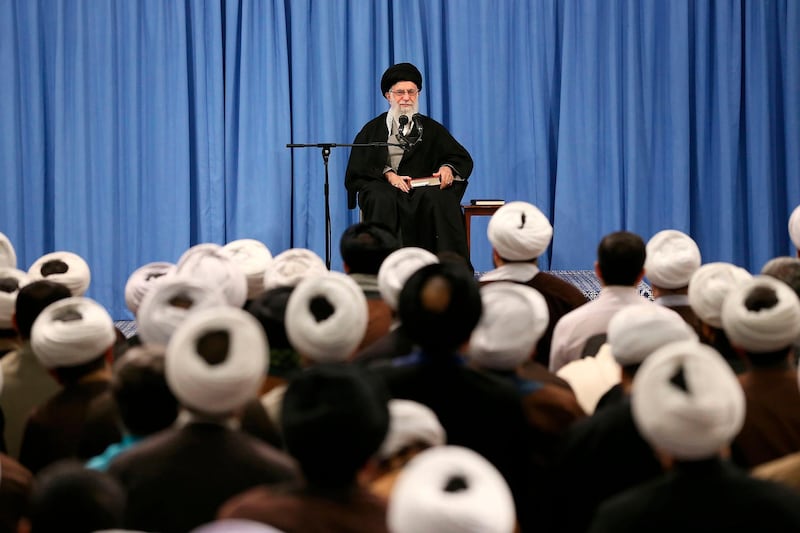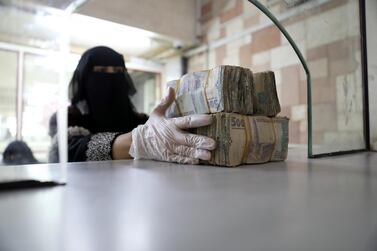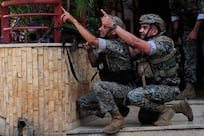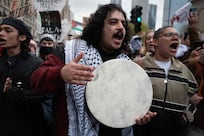Iranians have doubtless had a difficult start of the year. Despite the assassination of Qassem Suleimani – leader of the Al Quds Force elite branch of the Islamic Revolutionary Guard Corps – and the string of bad decisions made by Tehran in its wake, as well as the continuing onslaught of American sanctions in response to Iranian sponsorship of terrorism, the ruling regime has refused to change its ways or seek compromise. Adding to the pressure on Iran’s system is the fact that the country now faces a crisis with respect to the coronavirus. Fifty people died in the city of Qom in a single month. The already-weak healthcare system is unable to battle an outbreak of the epidemic, leading Pakistan and Turkey to shut their borders with Iran.
On Sunday, Iran released the results of its parliamentary elections. These have added further to Tehran’s woes. The results showed an overwhelming victory by the conservatives who already rule the legislature, though this came through the lowest turnout in an Iranian election in more than forty years.
In Tehran, where hardliners won all 30 seats, 75 per cent of voters did not cast their ballot. Overall, turnout was a mere 42 per cent, dipping by a third since the last parliamentary elections in 2016, which saw the victory of supposedly moderate politicians.
These results are far from surprising. Half of all candidates, including 90 serving members of parliament, were disqualified prior to the election, prompting a boycott movement against what was referred to by many as a sham election.
Iranians have had enough, and they want the regime to listen.
For the third year in a row, they have taken to the streets only to be met by brutal repression. Last November, more than 1,500 protesters were killed after partaking in nationwide demonstrations against the regime. Renewed demonstrations erupted in January after authorities mistakenly shot down a Ukrainian plane in the immediate aftermath of Suleimani’s death. None of the passengers survived. Half of them were Iranians. The government failed to own up to its mistake and instead tried to hide the reality of what happened.
This tragic incident sums up the regime’s losing strategy: for 40 years it has sacrificed the lives and well-being of Iranians to portray itself as a great power and extend its dominion to neighbouring countries and beyond.
But Iranians do not care for the political games of their leaders. They want better healthcare, more job opportunities and decent living conditions – all of which Iran’s wealth of oil and gas and the ingenuity of its people could easily provide if only the regime would cease its actions that have left it standing alone in the world.
Mr Khamenei blamed the record-low participation in the election on foreign “propaganda” about coronavirus. While there is no knowing why voters may have stayed home for fear of the virus, their apprehension is not a result of foreign conspiracies. It indicates a lack of faith in the state’s ability to control the spread of the virus and, ultimately, a lack of faith in its ability to look after its own people.
Iranians have tried everything to convey their concerns to their leadership. Yet the latter has refused to give them anything more than tired anti-western propaganda and orders to continue suffering in a “resistance economy.” Iranians have repeatedly voted for moderate candidates in past elections and risked their lives to make their voices heard.
After the US withdrew from its own flawed nuclear deal with Tehran in 2018, Iran’s so-called moderates who had helped shape the deal lined up behind the regime’s hardliners. Both of these camps have failed to go back to the negotiating table and seek a universally agreeable outcome. Meanwhile, ongoing sanctions continue to hit Iran’s poor and middle class the hardest.
In a climate of extreme repression where voting and protest lead to nothing, it seems that the only way for Iranians to cast a vote of no-confidence in their rulers is to not vote at all.






